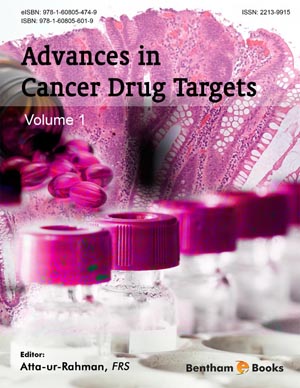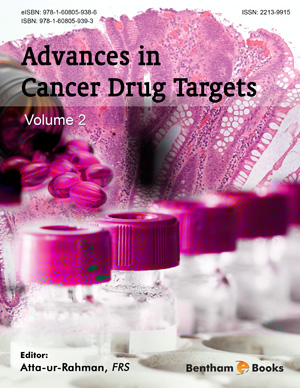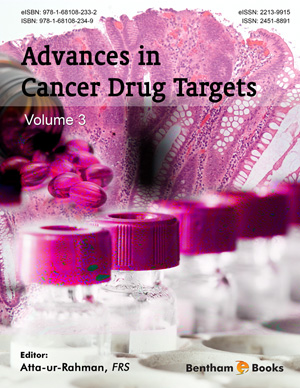Abstract
Drug addiction is a chronic relapsing disorder characterized by maladaptive patterns of cognition and behavior related to drug use, which are thought to arise from long term changes in the neural circuitries underlying reward, motivation, affect, learning and memory, and executive function. Recently, a large body of evidence has been accumulated showing that epigenetic mechanisms such as DNA methylation and histone modification are involved in drug-induced maladaptive neural plasticity. Epigenetics not only provides a novel avenue for examining the molecular mechanisms underlying interactions between inheritable vulnerabilities and environmental factors that contribute to addiction and relapse, but also provides novel potential pharmacological targets for the treatment of addiction. In this chapter, we begin by introducing relevant epigenetic mechanisms that modulate gene transcription. We then review and summarize the existing literature on epigenetic changes that occur after acute and chronic exposure to or self-administration of alcohol, psychostimulants, opiates, and nicotine, and studies examining the effects of manipulation of epigenetic processes in reward-related brain regions on addiction-like behaviors. We also discuss the possible implications of epigenetic factors as predictors of addiction vulnerability prior to drug exposure. Finally, we will review findings from preclinical studies on the effects of pharmacological modifiers of epigenetic processes on addiction-related behaviors, and discuss the advantages and disadvantages of developing novel epigenetic-based CNS therapeutics for the treatment of addiction.
Keywords: Drug addiction, epigenetics, gene expression, psychostimulants, alcohol, nicotine, opiates.






















